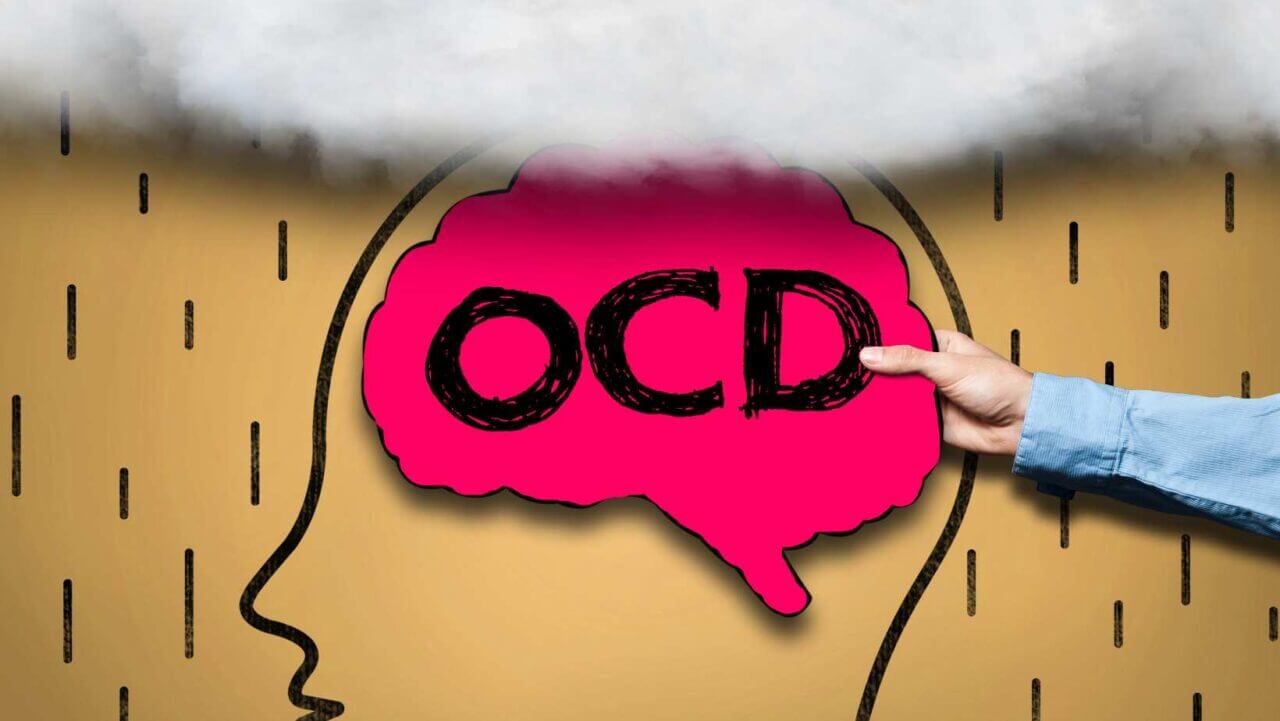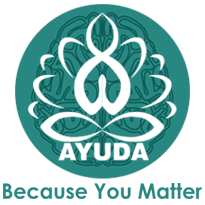An obsessional-compulsive disorder (OCD) is characterized by intrusive and unwanted thoughts and behaviours. These intrusive thoughts can be distressing and overwhelming, but there are effective strategies to manage and reduce their impact. To help you deal with intrusive thoughts caused by OCD, we will explore practical techniques and professional treatments.
Identifying Common Types of OCD Intrusive Thoughts
Intrusive thoughts in OCD can take many forms, often falling into specific categories:
- Harm-Related Thoughts: Harm-related intrusive thoughts are related to the fear of causing harm to oneself or to someone else. Individuals may experience persistent worries about accidentally hurting someone, such as a family member or friend. These thoughts can be distressing, leading to compulsive behaviours aimed at preventing perceived harm or ensuring safety.
- Religious or Moral Thoughts: Religious or moral intrusive thoughts center around fears of violating personal or societal moral codes. These thoughts may involve offensive ideas or fears of not living up to religious standards. They often lead to compulsive rituals aimed at alleviating guilt or anxiety associated with these thoughts.
- Contamination Fears: Contamination-related intrusive thoughts involve excessive worries about germs, dirt, or contamination. Individuals may fear becoming ill or spreading illness, leading to compulsive hand washing, cleaning, or avoidance of perceived contaminated objects or situations.
- Symmetry and Orderliness: Symmetry and orderliness intrusive thoughts focus on the need for objects to be arranged in a specific manner or for actions to be performed in a particular sequence. The discomfort arises from perceived asymmetry or disorder, prompting repetitive behaviours to achieve a sense of balance or order.

Impact of Intrusive Thoughts
Intrusive thoughts can severely impact an individual’s daily life, causing distress and leading to avoidance behaviours. The constant battle with these thoughts can result in:
- Emotional Distress: Intrusive thoughts often lead to significant emotional distress. Individuals may experience intense feelings of guilt, shame, or fear. The persistence of these thoughts can create a constant state of anxiety, making it challenging to feel at ease or secure.
- Interference with Daily Activities: The presence of intrusive thoughts can disrupt daily activities and responsibilities. Individuals might struggle with concentration, making it difficult to complete tasks at work or home. This impairment can affect productivity and overall quality of life.
- Relationship Strain: Intrusive thoughts can strain personal and professional relationships. The constant preoccupation with these thoughts may lead to withdrawal from social interactions or an inability to engage meaningfully with others. Additionally, compulsive behaviours associated with these thoughts can be misinterpreted by others, leading to misunderstandings and conflict.
Related Articles:
- Impact of Patient Counselling for Long-Term Hypertension Management
- How to Heal After a Toxic Relationship?
- How to Deal with Family Problems as a Teenager?
OCD Therapy Techniques
1. Cognitive Behavioral Therapy (CBT):
CBT is a highly effective treatment for OCD. A key component of it is identifying and challenging negative thought patterns and behaviours. Through exposure and response prevention (ERP), a subtype of CBT, individuals gradually face their fears without engaging in compulsive behaviours. This process helps reduce the intensity and frequency of intrusive thoughts.
Tip: If you are seeking OCD treatment without medication, effective Cognitive Behavioral Therapy (CBT) is crucial for managing intrusive thoughts. At Ayuda Mind Care, we provide exceptional CBT designed specifically for OCD, led by some of the best psychologists in India.
Our experts are dedicated to helping you navigate your challenges and develop personalized strategies to alleviate symptoms. With our specialized approach, you can achieve significant improvements in your mental well-being and quality of life.
Book your cognitive behavioral therapy for OCD now!
2. Mindfulness and Acceptance:
Practising mindfulness involves staying present and fully engaging in the current moment. Mindfulness techniques, such as meditation and deep breathing exercises, can help you observe intrusive thoughts without reacting to them. Acceptance and Commitment Therapy (ACT) encourages individuals to accept their thoughts and feelings rather than trying to eliminate them, resulting in a healthier relationship with their mind.
3. Distraction and Refocusing:
Engaging in activities that capture your attention can provide relief from intrusive thoughts. It can be helpful to shift your focus away from distressing thoughts by engaging in hobbies, exercising, reading, or spending time with loved ones. Creating a list of enjoyable activities can be a valuable resource during challenging times.
4. Challenge the Thoughts:
Questioning the validity of intrusive thoughts can diminish their impact. Ask yourself whether these thoughts are realistic or based on irrational fears. Reframing these thoughts with a more balanced perspective can help reduce anxiety. Writing down your thoughts and examining the evidence for and against them can be particularly helpful.
5. Limit Reassurance Seeking:
Seeking reassurance from others may provide temporary relief but can reinforce the cycle of anxiety. Instead, practice self-reassurance by reminding yourself that these thoughts are a symptom of OCD and do not reflect reality. Developing self-compassion and trusting your judgment is essential for long-term management.

Lifestyle Changes to Manage OCD
1. Healthy Lifestyle Habits:
Maintaining a healthy lifestyle can significantly impact your mental well-being. Regular exercise, a balanced diet, adequate sleep, and staying hydrated contribute to overall mental health. Reducing caffeine and sugar intake can also help manage anxiety levels.
2. Stress Management:
Stress can exacerbate OCD symptoms. Developing effective stress management techniques, such as yoga, progressive muscle relaxation, or journaling, can help reduce the frequency and intensity of intrusive thoughts. Prioritizing self-care and setting realistic goals can also alleviate stress.
3. Create a Supportive Environment:
Surround yourself with supportive and understanding individuals. Communicate your needs and experiences with friends and family to foster a supportive environment. Educating your loved ones about OCD can help them provide better support and reduce misunderstandings.

Dealing with OCD intrusive thoughts requires a multifaceted approach that includes therapy, medication, lifestyle changes, and ongoing support. By understanding the nature of these thoughts and implementing effective strategies, individuals can reduce their impact and improve their quality of life.
Remember, seeking professional help and building a supportive network are key components of managing OCD.








